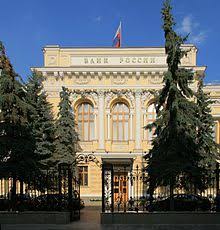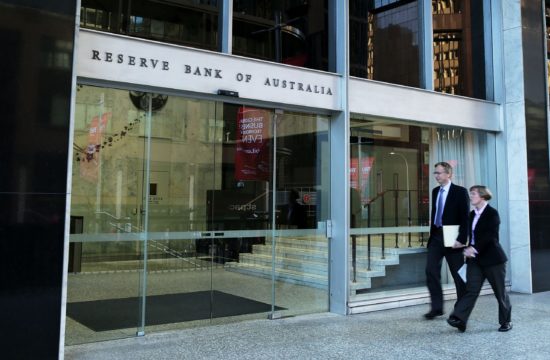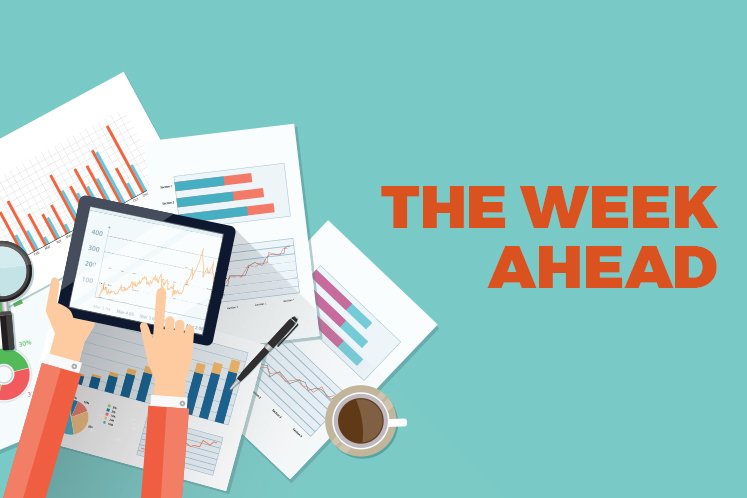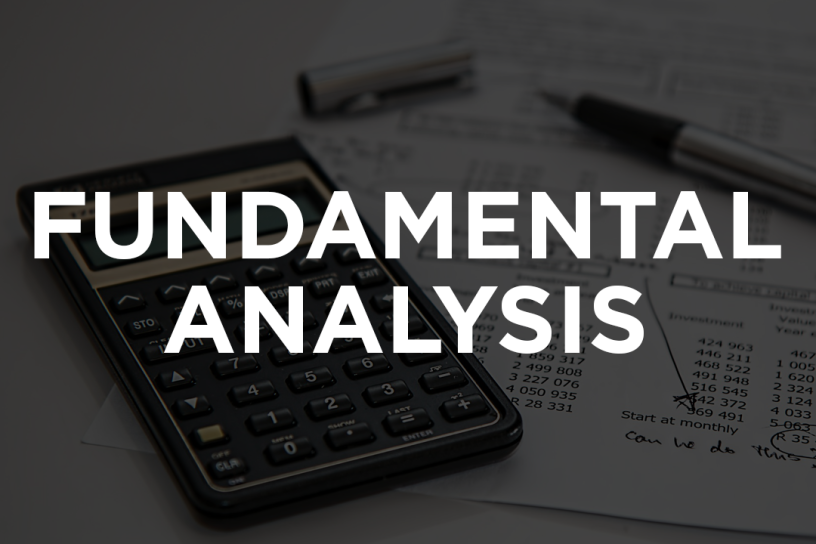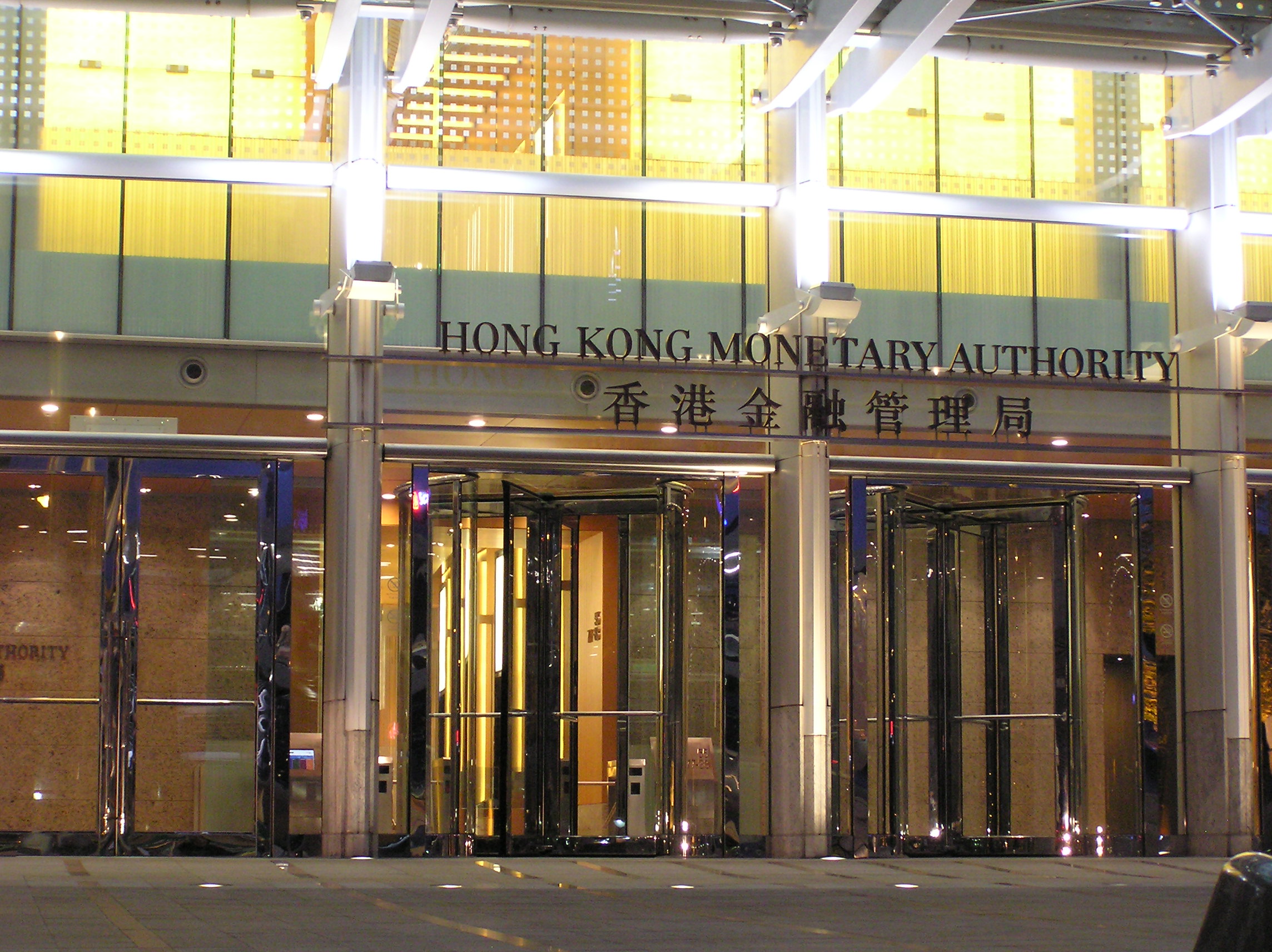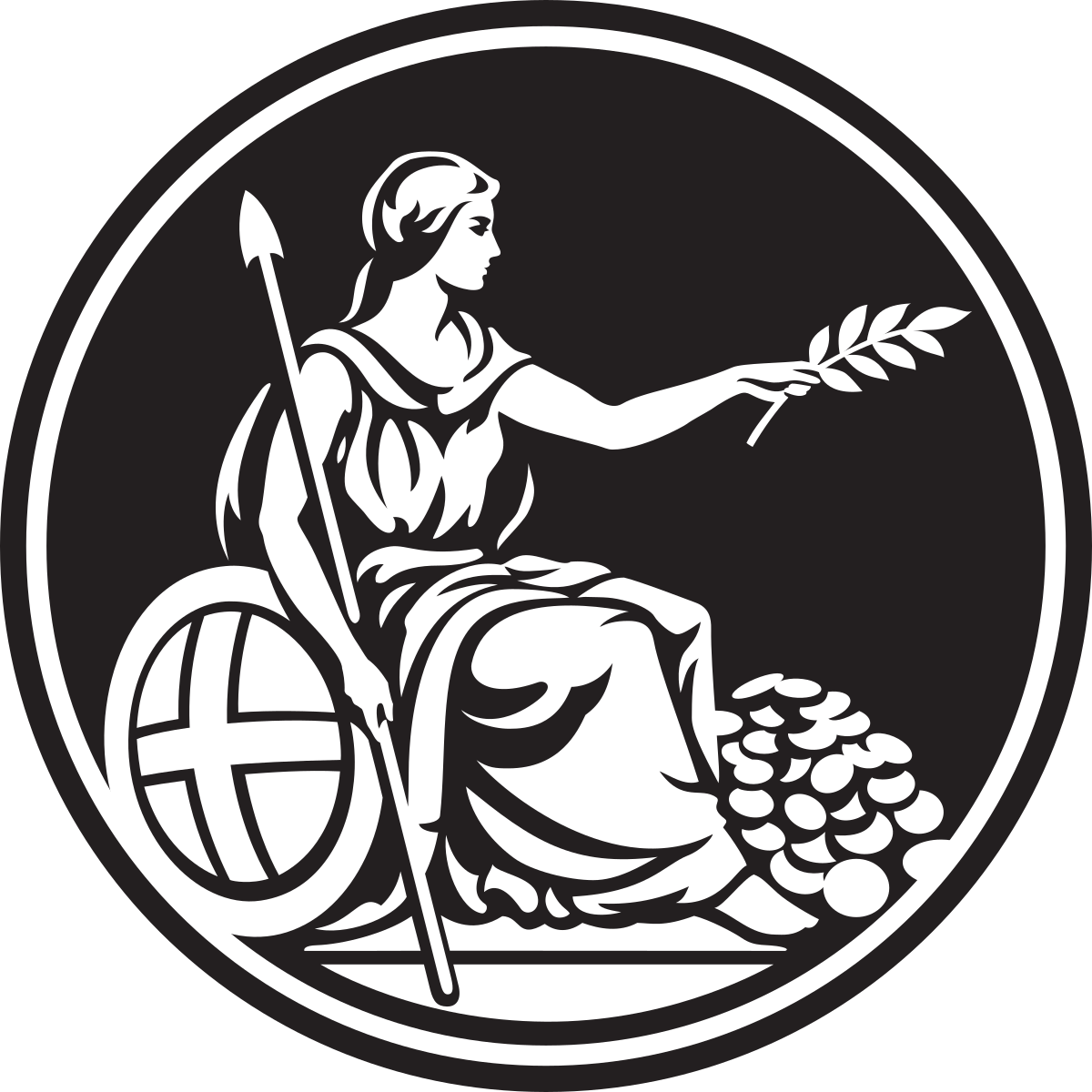1. Measures to support businesses and corporate lending affected by the pandemic
As the period of restrictive measures advances, the list of affected industries will expand. Housing construction faces a temporary reduction in demand. Borrowers — leasing companies — encounter difficulties as transport companies traditionally represent a considerable portion in their portfolios. Amid falling prices of assets securing lending, among other things, banks have to create additional loan loss provisions. Given the above, the Bank of Russia has decided to implement a number of measures to support corporate lending:
1.1. A range of previous measures already taken to support lending to businesses of affected industries will be extended to include an additional list of sectors:
- housing construction (on the condition that on 1 March 2020, credit institutions classified loans issued to housing construction companies as Quality Category I or II);
- activities of bus terminals and bus stations;
- auxiliary activities associated with air transportation;
- manufacturing of, and wholesale and retail trade in, motor vehicles and motorcycles, as well as their repair and maintenance;
- provision of personal services (repair of PCs, personal items and household appliances, washing and dry-cleaning of textile and fur articles, hairdressing and spa services).
With regard to loans which were provided to these industries and further restructured on pandemic-related grounds, the Bank of Russia allows credit institutions for the period up to 30 September 2020 not to downgrade the debt servicing ratio assessed as of 1 March 2020 irrespective of the assessment of borrowers’ financial standing. Additionally, the Bank of Russia allows credit institutions for the period up to 30 September 2020 to make decisions on the non-deterioration of the assessment of borrowers’ financial standing for the purposes of loan loss provisioning if this deterioration occurred after 1 March 2020 and was caused by the spread of the pandemic.
1.2. The Bank of Russia allows credit institutions not to downgrade debt servicing quality for loans of Quality Category I and II as of 1 March 2020 provided to leasing companies, which were restructured because the said companies were not able to make timely payments as a result of the restructured payments of their customers whose financial standing deteriorated as a result of the pandemic spread.
1.3. For the period up to 30 September 2020, the Bank of Russia allows credit institutions to use assessments made as of 1 January 2020 for balance sheet assets and for loan loss provisioning on loans of which security assets were classified under Quality Category I and II.
1.4. The Bank of Russia amends the procedure for the internal risked-based assessing of credit in order to speed up the implementation of Basel III standards for banks which have been allowed to employ this procedure for the purpose of calculating capital adequacy. Overall, these changes will make it possible to level out competition conditions with banks employing Basel III standard approach and to release capital needed to maintain the volume of lending to the real economy.
The Bank of Russia recommends that financial institutions use a well-balanced approach to dividend payments and proceed from the necessity to maintain their proper operation both over a short- and mid-term horizon. To ensure a better understanding of the scale of losses sustained by financial institutions, the Bank of Russia recommends shift the decision-making period on the 2019 dividend payment to August-September 2020.
2. Measures supporting remote customer service
Amid the pandemic spread, it is essential to ensure the remote execution of financial transactions. This will allow customers to stay away from credit institutions’ offices, and the latter to operate them with very limited staff. Certain transactions, namely account opening, currently require a physical presence of a customer. This requirement may be eased if a new account is needed for making socially important payments (transfer of maintenance payments, pensions, scholarships, etc.).
Besides, transactions in real estate, including mortgage-based ones, are hampered by the current situation; therefore, individuals tend to postpone their decisions on housing issues. All this also drags negatively on residential construction dynamics. Quite a number of unfinished transactions may not be completed, as the conclusion of a mortgage lending transaction requires a physical presence of a borrower in the office for his/her identification.
In this situation, it is advisable that credit institutions alleviate the strictness of certain customer identification procedures in order to work online, including for mortgage lending. To support mortgage lending by the online execution of mortgage deals, the Bank of Russia made the following decisions:
- For the period up to 1 July 2020, credit institutions shall be subject to the measures stipulated by Article 74 of the Federal Law ‘On the Central Bank of the Russian Federation (Bank of Russia)’ for their violations of the requirements set forth by paragraph three Clause 5 Article 7 of the Federal Law ‘On Countering the Legalisation (Laundering) of Criminally Obtained Incomes and the Financing of Terrorism’ in what refers to the ban on opening customer deposits without the physical presence of either a person wishing to open a deposit or his/her representative, only in cases when the Bank of Russia reveals evidence proving that such accounts were opened by credit institutions on the basis of unreliable identification information.
- If a customer has a valid qualification certificate issued by an operating accredited certifying centre as of the moment of such issue, credit institutions are recommended not to re-issue qualification certificates for customers at their servicing banks.
3. Support measures for insurance companies and non-governmental pension funds (NPFs)
For the purpose of enabling insurance companies and NPFs to manage their assets in times of elevated volatility, as well as for expanding the possibilities of non-bank financial institutions to attract funding, the Bank of Russia has taken the following measures:
3.1. For the period up to 30 September 2020, not to apply sanctions for the violation by insurance companies of the requirement on the maximum portion of corporate securities in the assets1 in which insurance reserves are invested and in the assets in which insurers’ own funds are invested.
3.2. Apart from the possibility not to re-assess the cost of securities at fair value, to allow NPFs in the course of stress-testing not to re-assess at fair value assets acquired before 1 March 2020 and to record assets acquired from 1 March through 30 September 2020 at their fair value as of the acquisition date. In the course of stress-testing, NPFs are recommended to employ the scenario published by the Bank of Russia on 30 September 2019.
4. Measures to protect borrowers’ rights and to maintain the sustainable operation of microfinance institutions (MFIs)
For the period of the pandemic spread, to protect the rights of borrowers and to alleviate the burden on MFIs, the Bank of Russia has decided:
4.1. To recommend that MFIs limit personal interactions with borrowers, including, during the recovery of overdue debt, and also paper-based workflow and the use of cash.
4.2. To recommend that housing savings cooperatives hold their general meetings in online mode or in the form of absentee voting.
4.3. To shift the deadline for submitting MFI reporting statements to be provided from 30 March through 5 May 2020 to 15 May 2020, inclusive.
4.4. To recommend that self-regulatory organisations take into account temporary regulatory and supervisory measures introduced by the Bank of Russia and employ a similar approach with regard to control functions over their members.
1 Regulation implies that the portion of corporate securities in the assets in which insurance reserves are invested as well as in the assets in which own funds are invested shall not exceed 45%.
The reference to the Press Service is mandatory if you intend to use this material.

